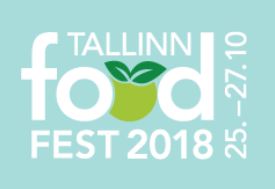Moscow and Beijing plan to use their own national currencies more often in trade deals, said Russian President Putin on Tuesday. “The Russian and Chinese sides confirmed their interest in using national currencies more actively in reciprocal payments,” he said at a joint news briefing with Chinese Leader Xi Jinping after talks at the Eastern Economic Forum (EEF) in the Russian city of Vladivostok.
Putin said this would “increase the stability of banks’ servicing export and import operations while there are ongoing risks on global markets.”
Russia is increasingly looking to China for investment after a sharp decline in relations with the West after the 2014 annexation of Crimea from Ukraine and support for pro-Russian rebels in eastern Ukraine.
China is seeking allies amid growing criticism of its militarization of the South China Sea and continued accusations of human rights breaches and unfair trade practices.
President Xi Jinping said on Tuesday that Russia and China should work together to oppose trade protectionism and what he called unilateral approaches to international problems.



 Tallinn Food Fest
Tallinn Food Fest
